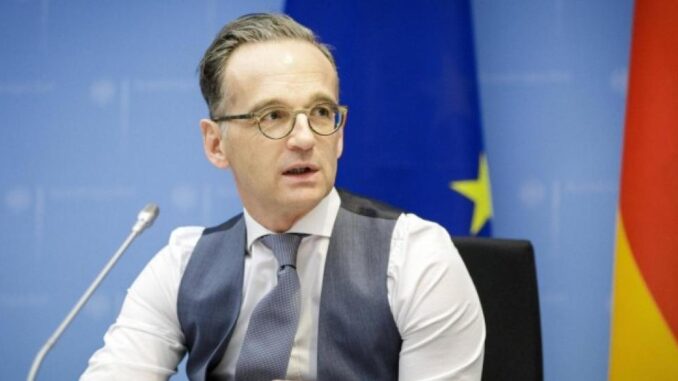
Since the announcement of an agreement on the recognition of the genocide in Namibia by Germany, criticism has been flying in Namibia. They focus on the fact that the text does not provide for reparations, but for development aid. The head of German diplomacy reacted this Wednesday in Parliament.
A painful and long-forgotten chapter of German history seemed to be closed with the agreement announced two weeks ago between Berlin and Namibia on the recognition of the genocide committed at the beginning of the 20th century by Germany in its former colony.
But during the current affairs session in the Bundestag, Foreign Minister Heiko Maas rejected the demands for reparations made by Namibian officials. “The agreement reached is exclusively voluntary and there is no legal basis for payment. It is therefore not comparable to reparations,” he said.
The agreement reached recently after five years of negotiations between the two countries calls for Berlin to acknowledge its historical responsibility and admit that genocide was committed in the former German colony in the early 20th century against the Herero and Nama minorities.
The text signed last month, which both parliaments have yet to ratify, provides for the payment of $1.1 billion in aid by Germany over 30 years for the acquisition of land, the construction of roads and the supply of water.
But the Namibian opposition as well as representatives of the two ethnic groups that were victims of the genocide are denouncing the agreement as a “cut-price deal. They want the amount of aid to be increased and described as reparations. These critics are calling into question a visit to the country by the German foreign minister and an apology by President Steinmeier to the Namibian Parliament.
